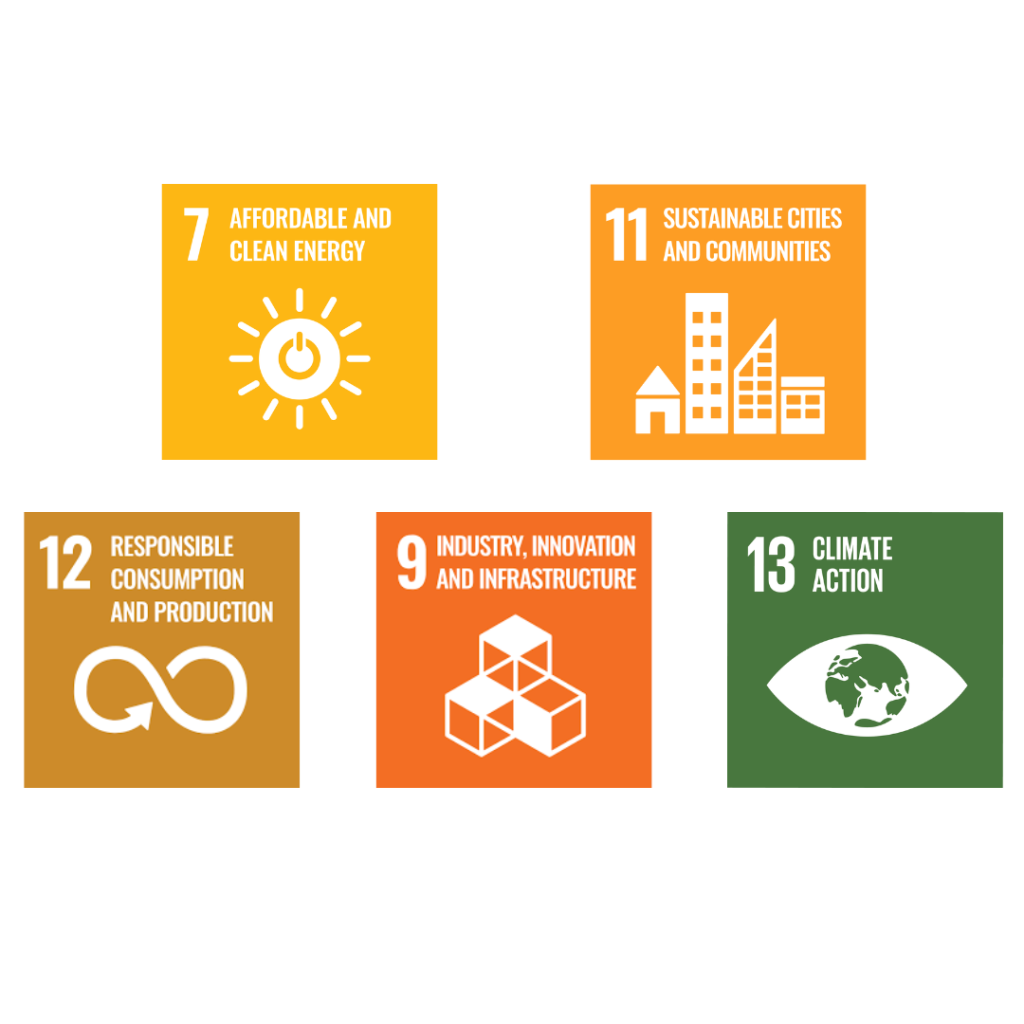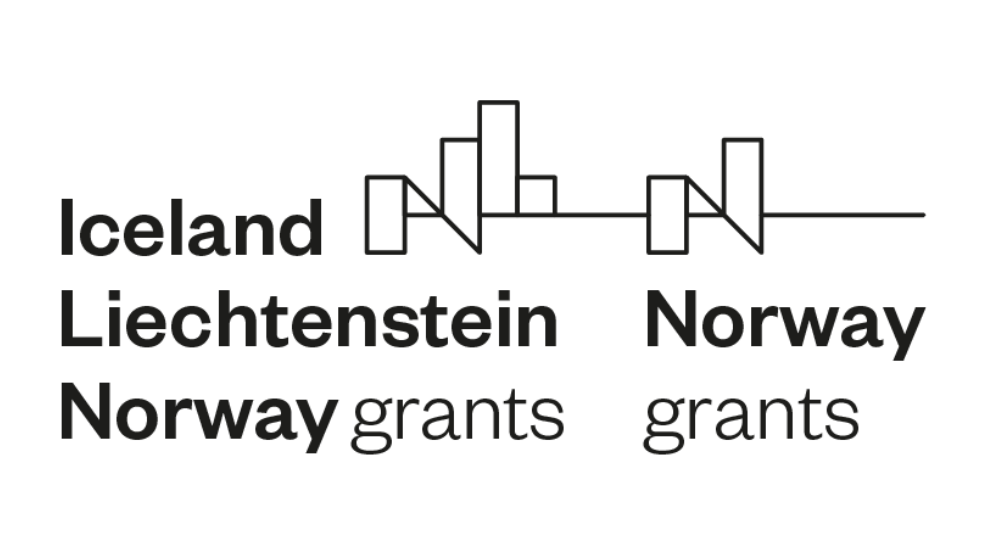The Eco-incinerator, Krakow, Poland.
Mission
The aim is to explore ways to capture, transport and sequester CO2 emissions from the Thermal Waste Treatment Plant efficiently, thereby minimizing the plant’s environmental impact. By leveraging the expertise of Vinco Innovation and CO2 Management, Krakow Communal Holding strives to enhance the plant’s operational practices, reduce its greenhouse gas emissions, and foster a cleaner and more sustainable future.
Eco-incinerator – A green factory for Krakow
The Eco-incinerator, is the final element of the solid waste management system in Krakow. The solid waste of the Municipality of Krakow, from which recyclable materials have been separated earlier, is disposed of at the plant. The high tech Krakow Eco-incinerator, with an annual capacity of 220 thousand tonnes of waste and prepared to operate 8000 h/year, has been fitted with state-of-the-art technology meeting BAT standards and guaranteeing the highest standards of environmental protection.
Learn more about the Eco-incinerator.
Objectives

Technical analysis for emissions reduction
Explore potential technical solutions, especially carbon capture and storage (CCS), to substantially reduce CO2 emissions from the Krakow waste incineration plant.

Understanding legal, economic, and organizational challenges
Gain profound insights into the legal, economic, and organizational aspects connected to implementing CCS solutions at the plant, thereby addressing challenges head-on and optimizing our approach.

ESG reporting
Develop an initial version of the environmental, social, and governance (ESG) reporting for the waste incineration plant, setting the stage for sustainable practices and accountability.

Knowledge exchange and collaboration
Organize two pivotal events—one in Bergen at the project’s inception and another in Krakow at its culmination—where stakeholders from both countries can share experiences, cutting-edge findings, and discuss future collaboration opportunities, facilitating a vibrant exchange of insights and ideas.
Project timeline
Our project is slated to span 12 months, commencing in June 2023 and culminating in May 2024. During this period, we will work diligently to achieve our objectives, collaborating closely with stakeholders, gathering crucial insights, implementing innovative solutions, and disseminating our progress to inspire positive change on a broader scale.
Sustainability and environmental commitment
Recognizing the pressing challenges posed by waste management and carbon emissions, we align with SDGs 7 (affordable and clean energy), 9 (industry, innovation, and infrastructure), 11 (sustainable cities and communities), 12 (responsible consumption and production), and 13 (climate action).

The call
The Ministry of Development Funds and Regional Policy, acting as the national contact point (NCP) for the Norwegian and EEA Funds, announced an open call for funding for bilateral initiatives between Poland and Norway under the Bilateral Cooperation Fund (FWD) financed from the Norwegian and EEA Funds.
The call particularly aims at the following areas: renewable energy and other forms of clean energy solutions, zero-emission transport including green shipping, smart/sustainable city solutions, carbon capture and storage, circular economy.
Funding
The EEA and Norway Grants are funded by Iceland, Liechtenstein and Norway. The Grants have two goals – to contribute to a more equal Europe, both socially and economically – and to strengthen the relations between Iceland, Liechtenstein and Norway, and the 15 Beneficiary States in Europe.

